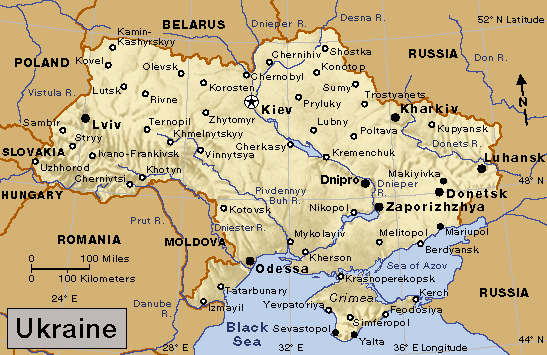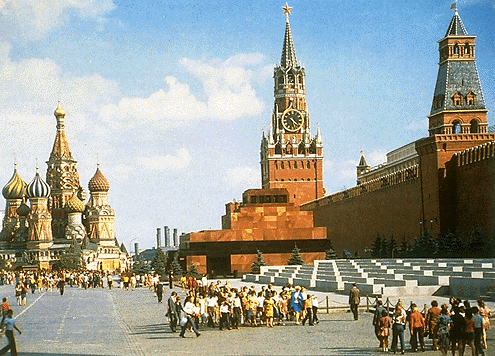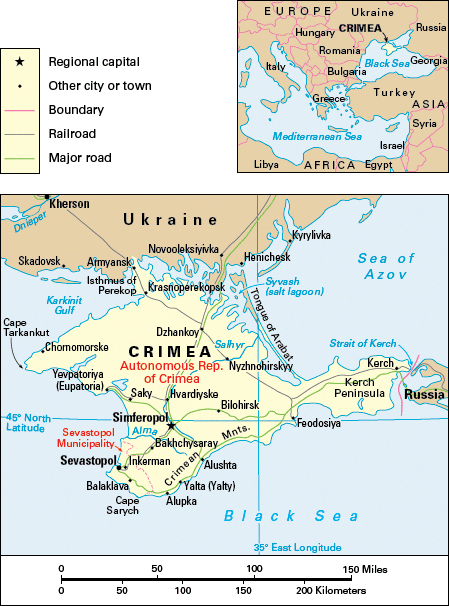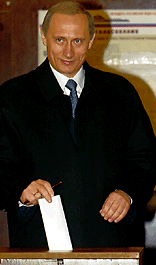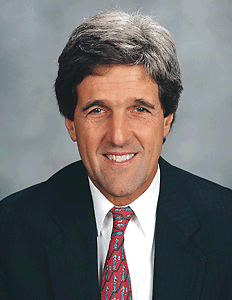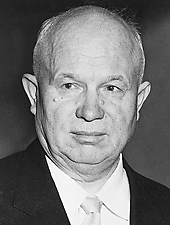Putin Claims It’s His Right to Send Troops into Ukraine
Thursday, April 17th, 2014April 17, 2014
Russian President Vladimir Putin, speaking live on television, declared that he has “a right” to send troops into Ukraine but hopes he will “not have to exercise that right.” He warned Ukrainian government officials of “the abyss they’re heading into” and urged a diplomatic resolution of the current Ukrainian crisis.
Putin’s remarks were made after a clash between Ukrainian troops and pro-Russian separatists in Mariupol in eastern Ukraine left 3 of the separatists dead and 13 others wounded. At least 63 militants were taken captive. Putin dismissed as “rubbish” allegations that Russian special forces were operating in eastern Ukraine, but he did, for the first time, admit that Russian forces had been active in Crimea prior to the peninsula’s annexation by Russia last month. Ominously, he also reminded viewers that in czarist times eastern Ukraine was referred to as “New Russia.”
In a separate confrontation in eastern Ukraine, an entire army contingent of 21 armored vehicles either surrendered or pulled back when faced by a large group of well-armed separatists. In what correspondents described as a glaring humiliation for the government in Kiev, the surrendering Ukrainian soldiers handed over not only their weapons but also their military vehicles without a shot being fired. Separatists drove the vehicles into the town of Slovyansk and parked them as trophies, under a Russian flag, in a central square.
For additional information on the Ukrainian crisis, search Ukraine articles under Archived Stories.
Additional World Book article:
- Russia in the Post-Soviet World (a special report)

